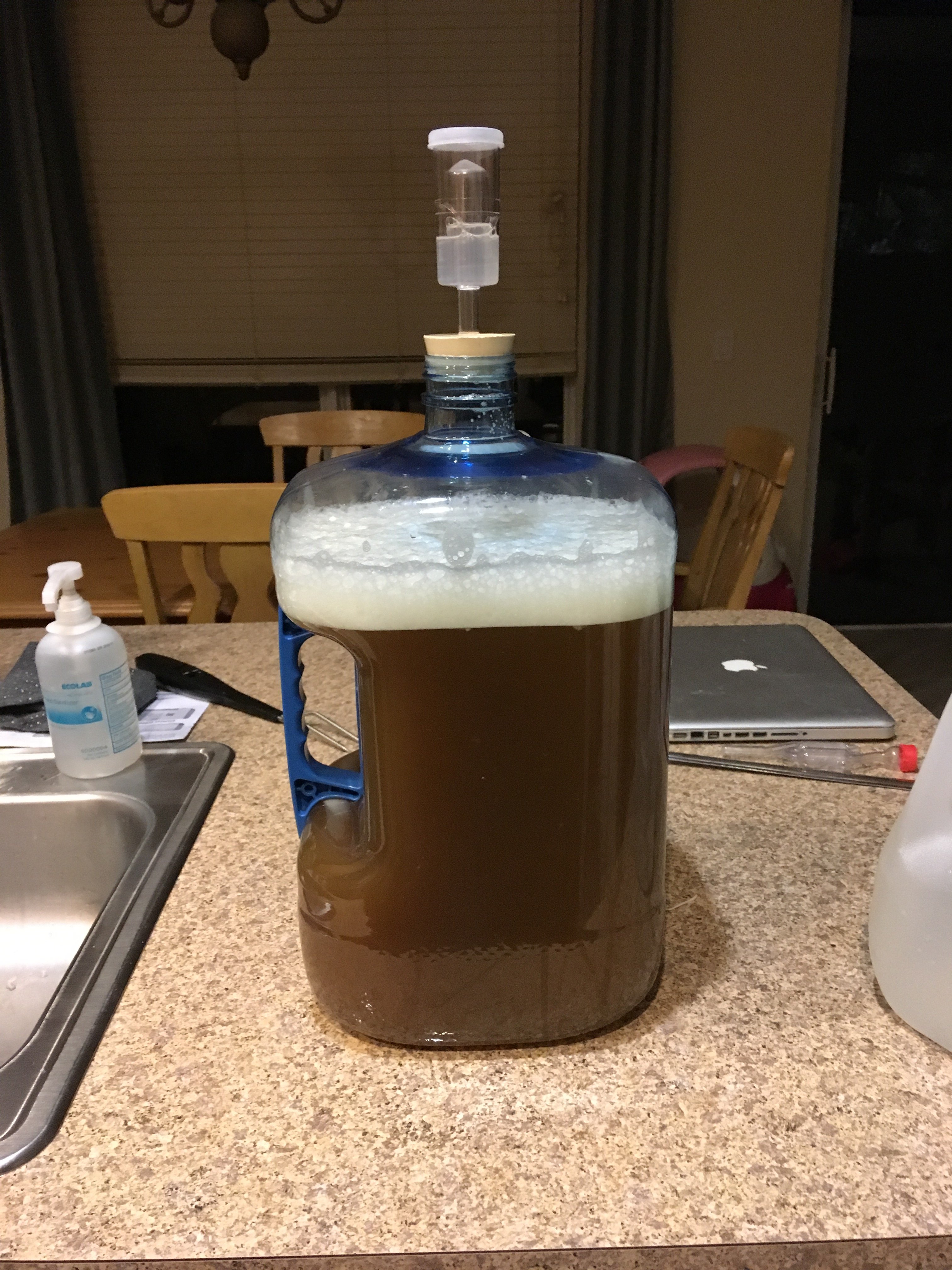Reindeer
Well-Known Member
My wife and I have been homebrewing for a few years, doing 5 gallon extract batches and bottling. We've come to a couple conclusions: 5 gallons is too much for us. We drink plenty of beer, but we've never even come close to making all the way through a batch. And we hate bottling.
I've settled on downsizing to 2 or 2.5 gallon batches, and this seems like the time to switch to all grain, possibly brew in a bag. I also want to start kegging.
A couple questions for those who brew smaller batches--based on available equipment, is 2 or 2.5 gallon a better option? Is brew in a bag the best option for small batches?
Any recommendations for fermenters? The FastFerment 3 gallon conical seems like a nice solution, and I like the price, but I'm not sure I'm a fan of plastic. Also considering the 3.5 gal SS Brewbucket Mini.
As far as kegging--I've seen 3 gallon kegs. Is there an issue kegging 2 gallons in a 3 gallon keg? I've never kegged before, so I'm not sure how it really works, if headspace is an issue.
I've settled on downsizing to 2 or 2.5 gallon batches, and this seems like the time to switch to all grain, possibly brew in a bag. I also want to start kegging.
A couple questions for those who brew smaller batches--based on available equipment, is 2 or 2.5 gallon a better option? Is brew in a bag the best option for small batches?
Any recommendations for fermenters? The FastFerment 3 gallon conical seems like a nice solution, and I like the price, but I'm not sure I'm a fan of plastic. Also considering the 3.5 gal SS Brewbucket Mini.
As far as kegging--I've seen 3 gallon kegs. Is there an issue kegging 2 gallons in a 3 gallon keg? I've never kegged before, so I'm not sure how it really works, if headspace is an issue.





